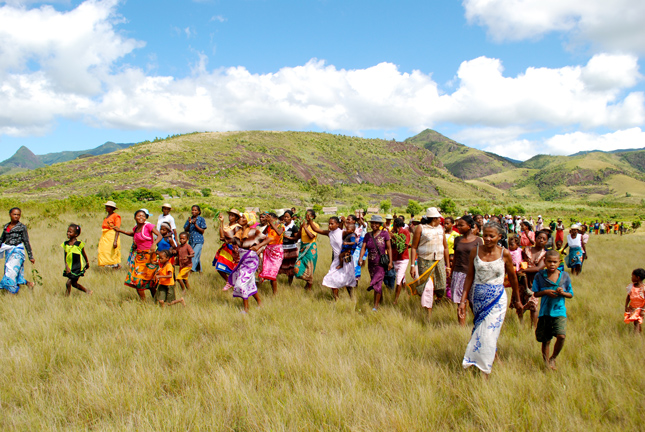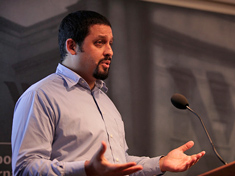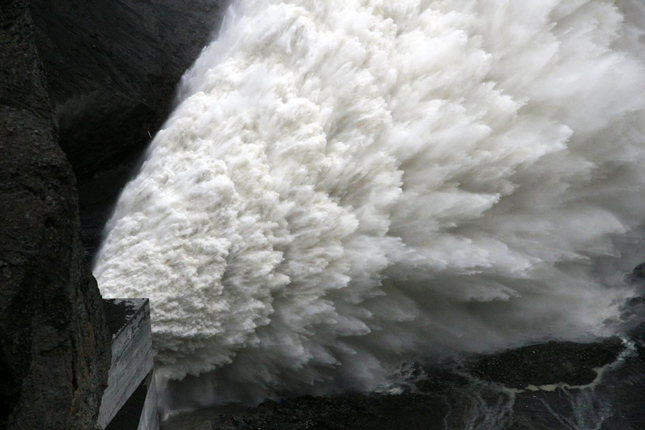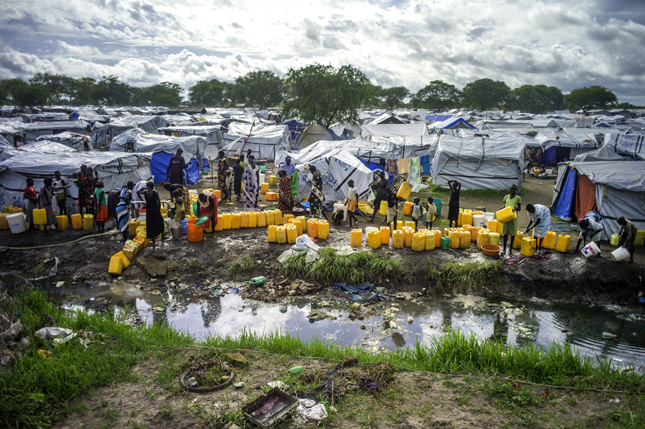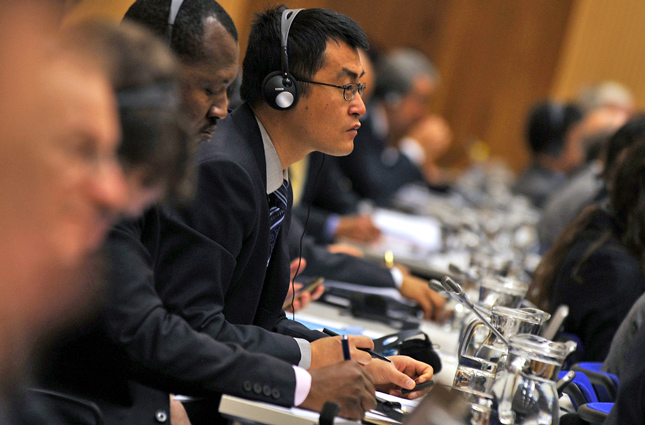-
A. Tianna Scozzaro, Population Action International
I Went to UNGA and All I Got Were These Five Questions
›October 8, 2014 // By Wilson Center Staff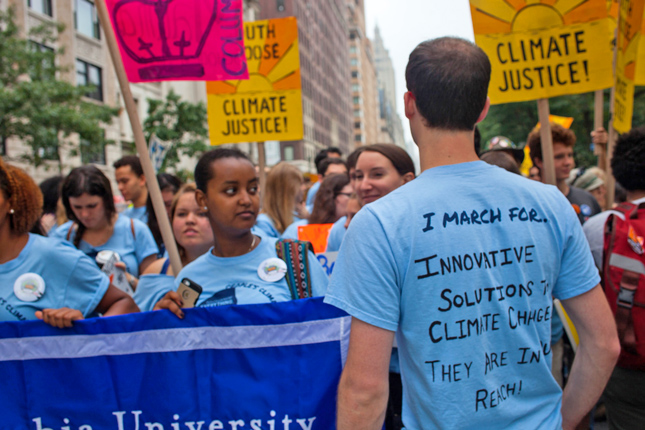
As the dust settles on an exciting United Nations General Assembly (UNGA), I finally have an opportunity to reflect on all that went down, and what it means for the post-2015 development process moving forward.
-
New Network Links Madagascar’s Environment and Health Sectors
›
As the international community seeks to articulate a collective vision for sustainable development following the Millennium Development Goals, a vibrant new network has emerged in Madagascar to advance integrated population, health and environment (PHE) initiatives across this island nation.
-
Cautious Optimism: China’s Nuclear Energy Safety Measures Improving
›
Motivated in part by mounting public pressure to cut down on the smog created by more than 600 coal-fired power plants, China’s nuclear energy capacity is growing faster than any other country in the world.
-
Wael Hmaidan: Development Goals Unattainable Without Addressing Climate Change
›
When it comes to sustainable development, not all goals are created equal, says Wael Hmaidan, the director of Climate Action Network International, in this week’s podcast. Climate change “intersects everything we do,” he says, but is underrepresented in the Sustainable Development Goals (SDGs), a global development agenda being drafted to replace the Millennium Development Goals next year.
-
Hydro-Diplomacy Can Build Peace Over Shared Waters, But Needs More Support
›
From Ukraine and the Middle East to sub-Saharan Africa and East Asia, the world is engulfed in a series of significant international crises. But despite such urgent issues, it would be a grave mistake to forget about the structural foreign policy challenges – such as access to water – that could become the crises of the future.
-
Opportunity Costs: Evidence Suggests Variability, Not Scarcity, Primary Driver of Water Conflict
›
Nearly 1 billion people lack reliable access to clean drinking water today. A report by the Water Resources Group projects that by 2030 annual global freshwater needs will reach 6.9 trillion cubic meters – 64 percent more than the existing accessible, reliable, and sustainable supply. This forecast, while alarming, likely understates the magnitude of tomorrow’s water challenge, as it does not account for the impacts of climate change.
-
Silver Buckshot: Alternative Pathways Towards Greenhouse Gas Mitigation
›
In 1986, global nuclear weapons stockpiles peaked at nearly 70,000 warheads. By the beginning of 2013, there were just over 17,000, with only 4,400 kept operational. This dramatic reduction was the fruit of a negotiation process that began in the late 1940s. In spite of incredible tensions between the United States and the Soviet Union, negotiators were able to make progress once they focused on building trust with small, pragmatic steps, rather than starting with the complete elimination of all weapons. [Video Below]
-
Environmental Dimensions of Sustainable Recovery: Learning From Post-Conflict and Disaster Response
›
“Environmental specialists need to change,” said Anita van Breda at the Wilson Center on June 25. “In the new normal, our work has to have a different relevancy.” [Video Below]
Showing posts from category cooperation.


